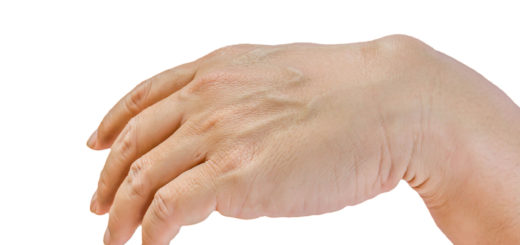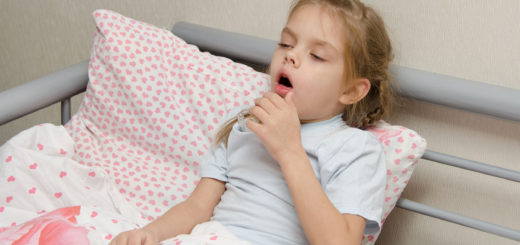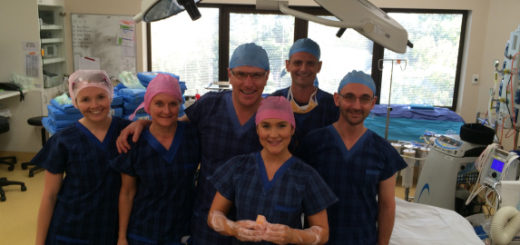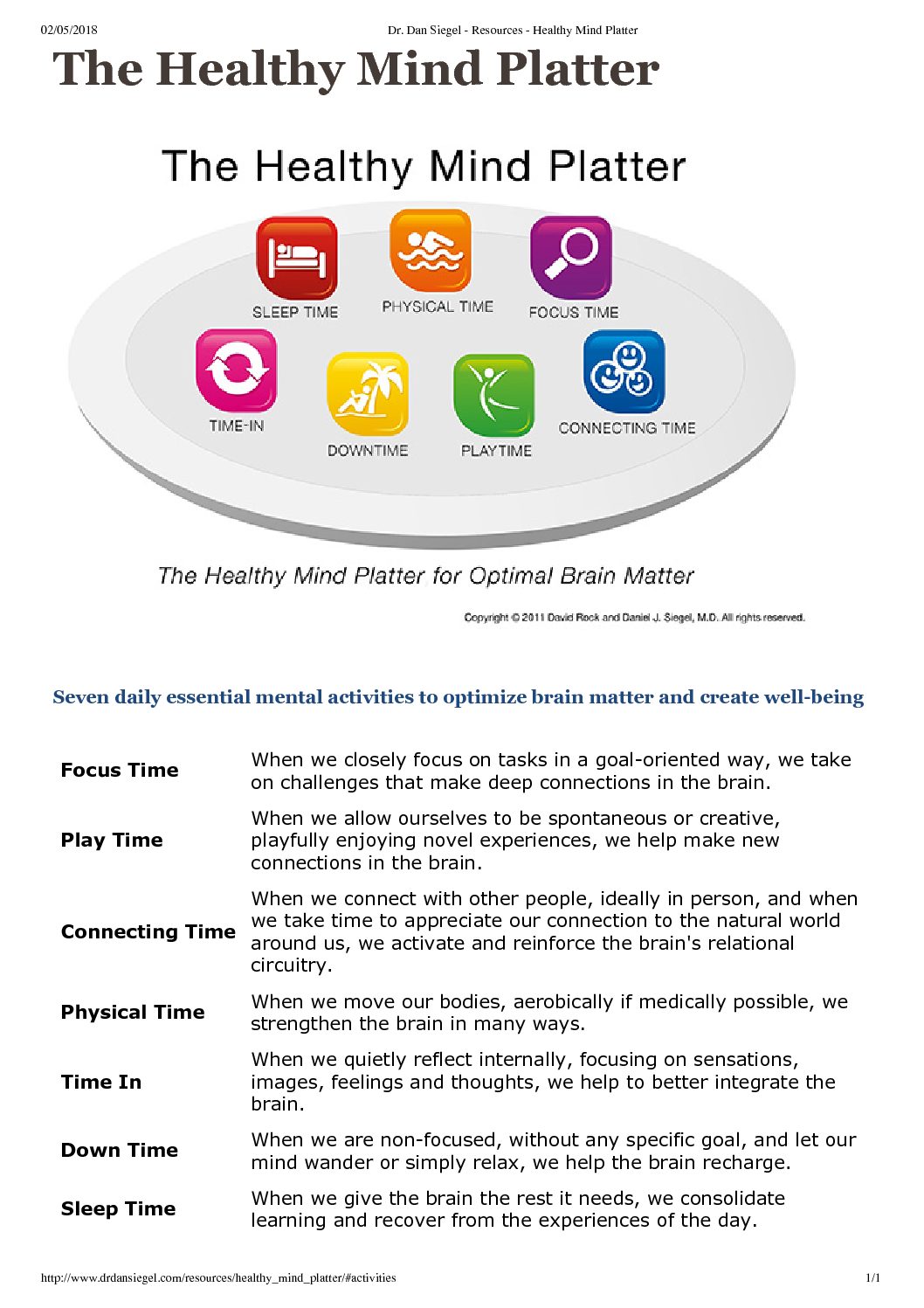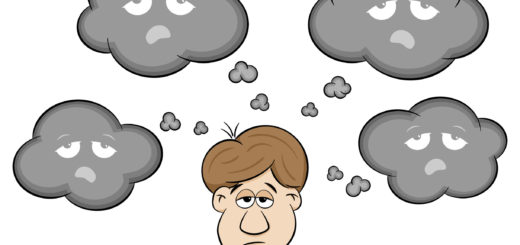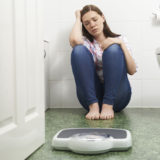Croup
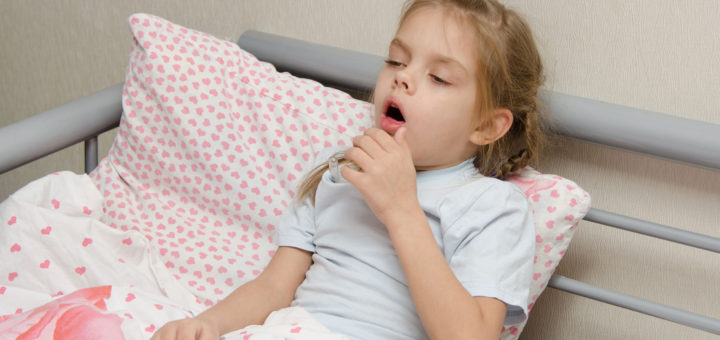
What is Croup?
Croup is a common condition that occurs in young children under six years of age (peak from 6 -36 months). Croup occurs when children suffer one of the many common viral infections which can cause a sore throat (pharyngitis), a hoarse voice (laryngitis) and a chesty cough (bronchitis).
Why Does Croup Occur?
In some children because their airways are slightly narrower than adults the mild swelling that occurs with these viruses can affect the way air flows in and out of the lungs, resulting in breathing difficulties known as croup.
What are the Symptoms of Croup and is it Dangerous?
The condition can range from mild noisy breathing and a hollow noise with coughing (‘seal-bark cough’) to more severe breathing difficulties. These breathing problems tend to occur late at night, which make them even more frightening for parents who have never met this problem. Signs your child may be in danger include noticing they’re breathing more rapidly than usual, using extra neck and chest muscles to breathe and making a loud noise while breathing (a ‘stridor’). Sometimes you may notice the skin between their ribs getting sucked in or their face or hands look pale or blue. These are signs that your child is unable to breathe properly and needs urgent medical assistance. In this case, you should keep your child calm, take them to a children’s hospital if you feel it is safe to do so or immediately call an ambulance.
What is the Treatment for Croup?
For milder cases of croup keeping your child calm and taking them to your GP in the morning may be appropriate. Humidified air (steam bath or vaporiser) used to be a recommendation. While such treatment is not harmful, the research suggests it is not beneficial. You may find humidified air helpful in calming your child in which case use it.
The treatment for croup usually involves a three-day course of oral steroids to help settle the inflamed airway to allow your child to breath easier while their immune system combats the virus. Symptoms usually last 1-3 days. Mild cases without breathing difficulties do not require steroids. Treatment is otherwise supportive while the virus runs it’s course, for example Paracetamol for fever, hydration and rest.


